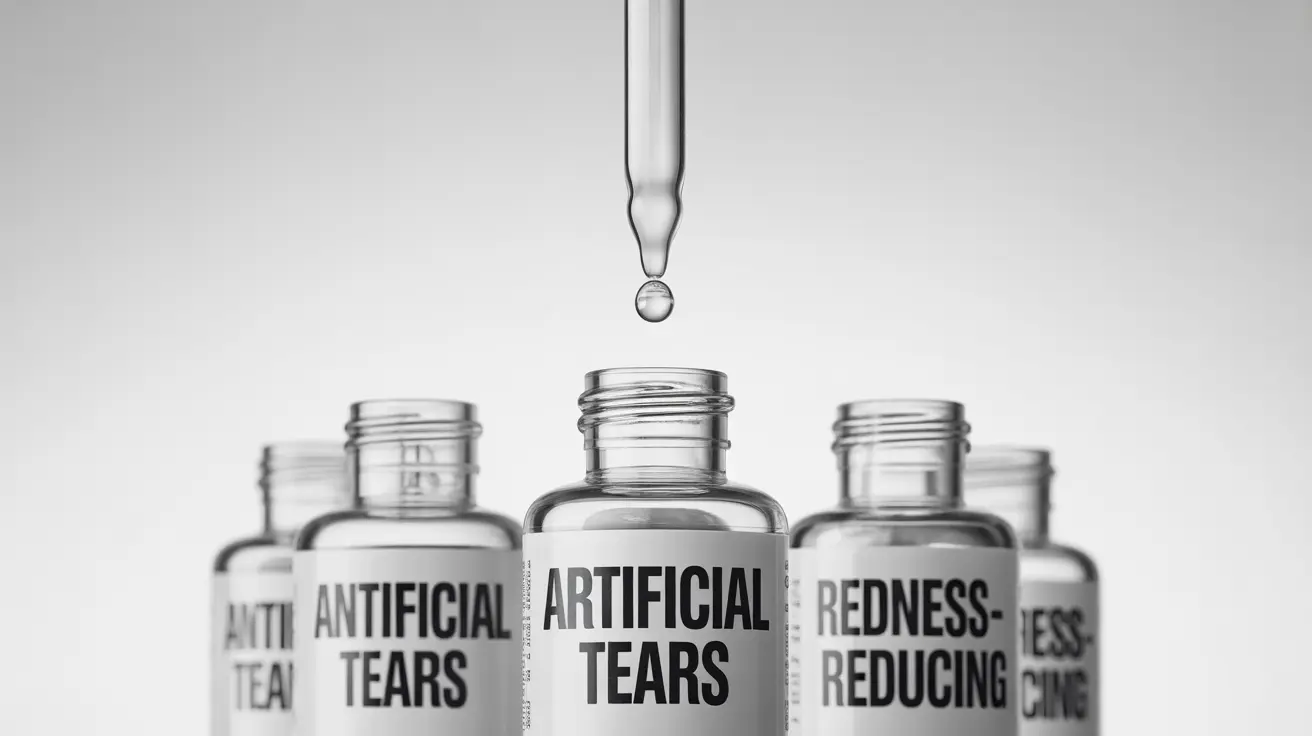Many people rely on over-the-counter eye drops for relief from dry eyes, allergies, and other common eye irritations. While these medications can be effective when used properly, it's essential to understand both their benefits and potential risks to ensure safe, effective use.
In this comprehensive guide, we'll explore the safety concerns surrounding eye drops, proper usage techniques, and when you should consider seeking professional medical attention for your eye symptoms.
Understanding Different Types of Eye Drops
Eye drops come in several varieties, each designed for specific purposes:
- Artificial tears for dry eye relief
- Antihistamine drops for allergy symptoms
- Redness-reducing drops
- Lubricating drops
- Combination drops
Each type carries its own set of benefits and potential risks, making it crucial to choose the right product for your specific needs.
Potential Risks of Regular Eye Drop Use
Rebound Effects
One of the most common concerns with certain eye drops, particularly those containing vasoconstrictors for redness relief, is rebound redness. When used frequently, these drops can lead to dependency, causing eyes to become increasingly red when the medication wears off.
Chemical Preservatives
Many over-the-counter eye drops contain preservatives to prevent bacterial growth. While necessary for multi-use bottles, these preservatives can cause irritation or allergic reactions in some people, especially with frequent use.
Masking Serious Conditions
Regular use of eye drops might temporarily relieve symptoms while masking underlying conditions that require medical attention. This delay in proper treatment could potentially lead to more serious complications.
Safe Usage Guidelines
Proper Application Technique
To minimize risks when using eye drops:
- Wash hands thoroughly before application
- Avoid touching the dropper tip to any surface
- Replace caps immediately after use
- Don't share eye drops with others
- Check expiration dates regularly
Recommended Frequency
Most over-the-counter eye drops should not be used more than 4 times daily unless specifically directed by an eye care professional. Overuse can lead to increased irritation and other complications.
Signs It's Time to See a Doctor
Watch for these warning signs that indicate you should seek professional medical attention:
- Persistent eye pain or irritation
- Changes in vision
- Increased sensitivity to light
- Eye infection symptoms
- Symptoms that worsen despite eye drop use
Frequently Asked Questions
Are over-the-counter eye drops safe to use regularly or can they harm my eyes?
Over-the-counter eye drops are generally safe when used as directed, but regular long-term use of certain types, especially redness-reducing drops, can lead to dependency or mask underlying conditions. It's best to consult with an eye care professional for chronic eye problems.
What are the risks of using eye drops too often or incorrectly?
Overuse of eye drops can lead to rebound effects, increased irritation, and potential contamination. Using drops incorrectly may also cause infection or injury to the eye surface. Always follow package instructions and maintain proper hygiene.
How can I avoid contamination and infections when using eye drops?
Prevent contamination by washing hands before use, avoiding contact between the dropper tip and any surface (including your eye), replacing caps immediately, and discarding drops after the recommended period or expiration date.
What should I do if my eye drops have been recalled by the FDA?
Stop using recalled eye drops immediately, check the FDA website for specific guidance about the recall, keep the product for potential refund purposes, and contact your healthcare provider if you've experienced any adverse effects.
When should I stop using eye drops and see a doctor for my eye symptoms?
Seek medical attention if you experience persistent eye pain, vision changes, severe redness, discharge, or if symptoms worsen after 72 hours of eye drop use. These could indicate a more serious condition requiring professional treatment.




